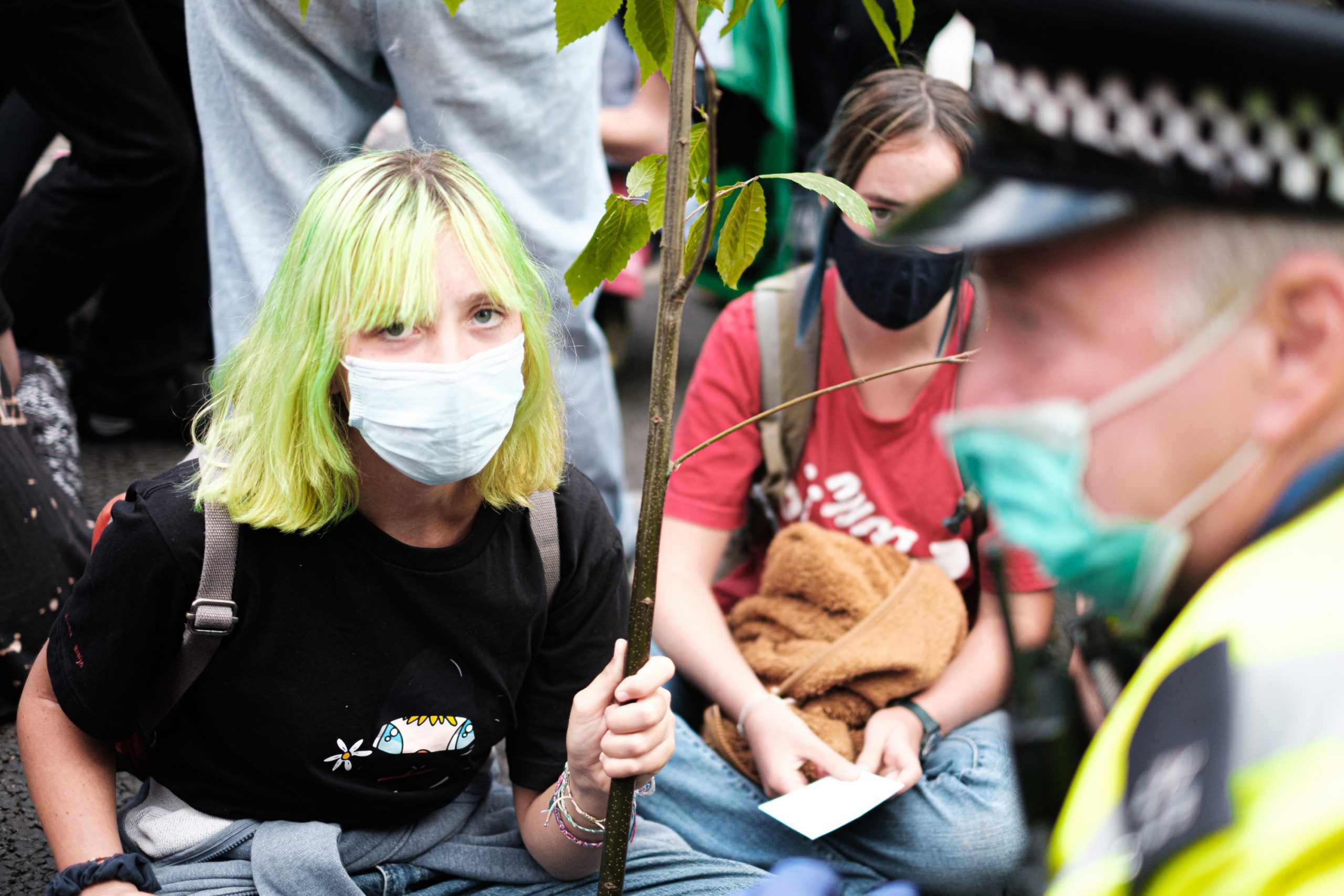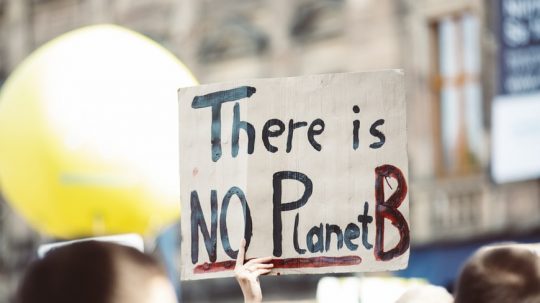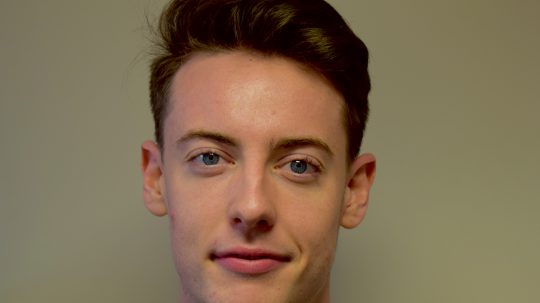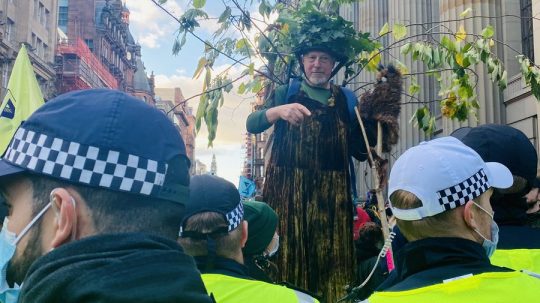Since the UN Human Rights Council has now passed a resolution recognising access to a clean environment as a human right, we ask as part of our Visions series on future rights what that might mean in practice.
Following a proposal by Costa Rica, the Maldives, Morocco, Slovenia and Switzerland, the United Nations (UN) Human Rights Council voted to recognise access to a safe, clean, healthy and sustainable environment as a human right.
The proposal was embraced by the UN which is now working on appointing a “special rapporteur” to monitor the human rights impact of climate change. Approximately 13.7 million deaths a year are linked to environmental causes, such as air pollution and chemical exposure, according to World Health Organisation research.
Hannah Blitzer is a PhD candidate and doctoral researcher in environmental and human rights law at the University of Sussex and sits on the executive committee of Action4Justice. She said: “There’s a strong opportunity here for the recognition of this right to start a push for stronger, more beneficial environmental laws and policies that will hold governments responsible for environmental degradation, the biodiversity crisis and, hopefully, decarbonization.”
With CO2 levels in the atmosphere reaching record highs in 2020 – hitting 417 parts per million in May of that year, which is the highest in nearly four million years – protecting access to a healthy environment as a human right has never been more pressing.
Is A Clean Environment Now A Legally Binding Human Right?

Credit: Gustavo Quepon / Unsplash
Although the UN has ratified the special resolution, it is not technically a legally binding process. Human Rights Council resolutions act as vehicles for political pressure rather than binding legislation. Countries that agree to UN resolutions are not necessarily subject to legal redress if they do not abide by them.
The lack of legal power of the resolution was something the UK highlighted during their vote. “We would like to emphasise that human rights resolutions are not legally binding instruments, and as such the recognition of the right in this resolution does not bind States to its terms,” said Rita French, the UK’s global ambassador for human rights. “As mentioned, we will vote in favour today, but this is without prejudice to the position to be taken by the United Kingdom in future.”
Nonetheless, UN resolutions still hold some sway. They are strong political commitments made by countries on a global stage, which encourages them to keep their promises.
More than 99% of children are exposed to at least one major climate and environmental hazard, shock or stress,
Historically, these resolutions have had a significant impact, despite not being legally binding. When a UN resolution recognised access to safe drinking water as a human right in 2010, it became a catalyst for governments all over the world to incorporate the right into their countries’ laws and policies. For example, Mexico added the right to water to its constitution and extended access to safe drinking water to over 1,000 rural communities.
“While [the resolution] may not be legally binding, it carries the weight of political opinion, symbolic power and also the moral authority of fellow member states and the international community,” said Blitzer. “These resolutions aren’t insignificant: they pressure states to change their behaviours and they’re also influential in establishing customary international law, which has arguably more binding legal status.”
Already approved by the UN Human Rights Council, the resolution includes an invitation to the UN General Assembly to consider the ruling as well. Enforcing access to a clean environment as a human right would be significantly bolstered in terms of legitimacy with the seal of approval of the General Assembly, which is the UN’s main policy-making organ.
Why Should A Clean Environment Be A Human Right?
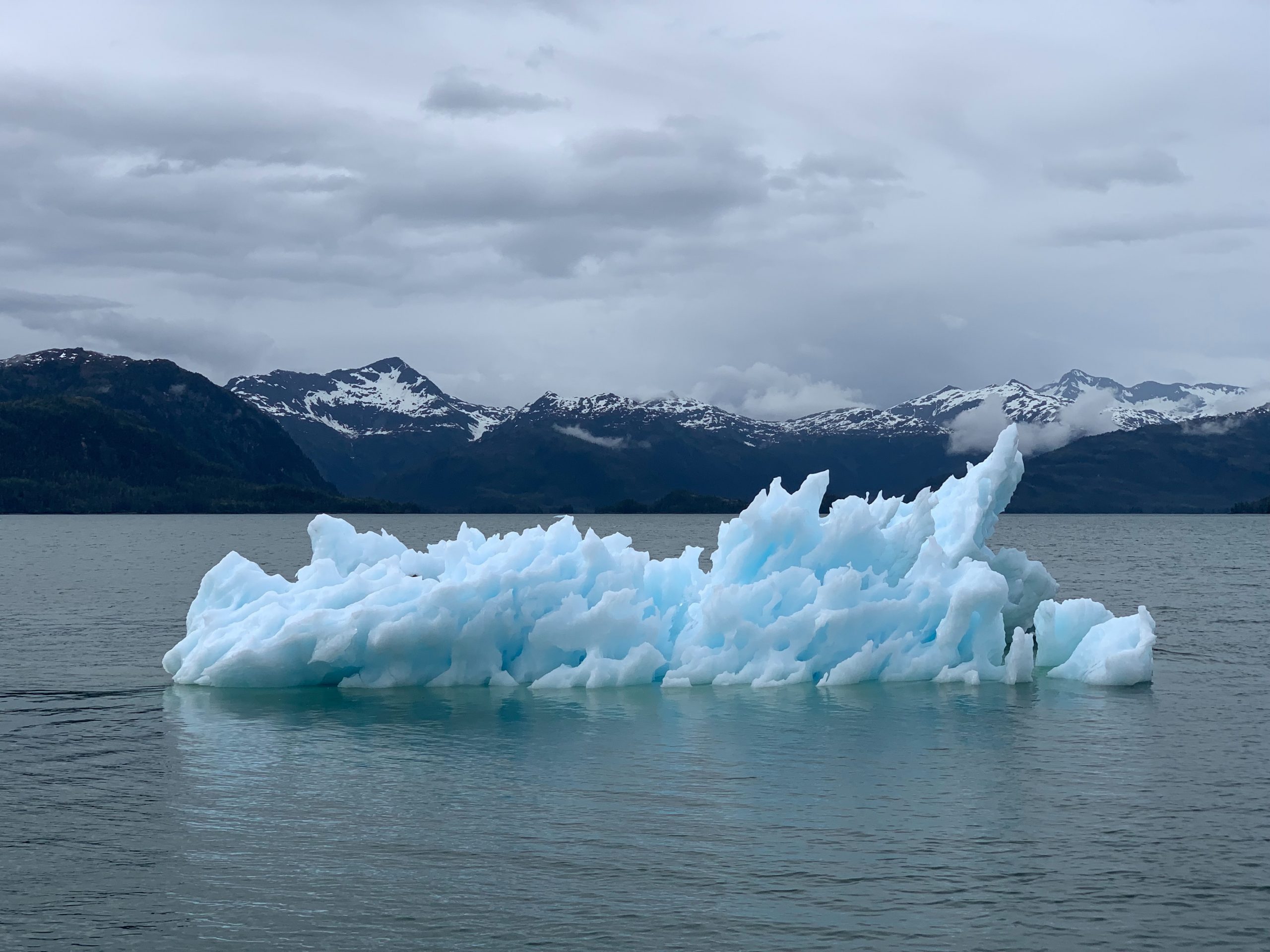
Credit: Melissa Bradley / Unsplash
It is undeniable that climate change is wreaking havoc on communities around the globe and the problem is getting worse. Enshrining the right to a safe, clean and healthy environment into international law could protect billions of people.
In 2016, an estimated 24.2 million people were newly internally displaced by disasters – weather-related hazards in most cases – and these figures are growing. According to a report by the Norwegian Refugee Council’s Internal Displacement Monitoring Centre, 30 million people were displaced within their own country by natural disasters in 2020.
Many too are forced across international borders, because of the effects of climate change. Protecting global citizens now will reduce the number of climate refugees in the future. Although it is difficult to produce reliable figures for the number of current and future climate refugees, not least because the phenomenon’s definition is still developing, it is clear that millions more will be displaced as climate change worsens.
A 2018 World Bank estimate indicated that three regions – Latin American, sub-Saharan Africa and Southeast Asia – will generate 143 million more climate migrants by 2050. Out of the 68.5 million people forcibly displaced in 2017, approximately one third were prompted to move due to weather events such as flooding, forest fires and storms.
In its current form, the resolution does not define what constitutes a climate refugee but, as more and more people are displaced for environmental reasons, a settled definition will be necessary to protect those most vulnerable to the effects of climate change.
“We at Earth Warriors could not advocate more that access to a clean, healthy and sustainable environment is a human right that every person deserves,” said Keya Lamba, a spokesperson for Earth Warriors, an organisation dedicated to providing age-appropriate climate education for children. “In particular, this is a child’s right, as the next generation is affected most by climate change. Recent research by Save the Children shows that a child born in 2021 will live on average through seven times as many heat waves, twice as many wildfires, and nearly three times as many droughts, crop failures and river floods as their grandparents.”
Future generations are facing the most significant harm from climate change, making access to a healthy environment a crucial component for protecting children’s rights. More than 99% of children are exposed to at least one major climate and environmental hazard, shock or stress, according to UNICEF’s The Children’s Climate Risk Index.
What Obstacles Are There To Making A Clean Environment A Human Right?

Credit: Markus Spiske / Unsplash
There are many barriers that must be overcome before access to a safe, healthy and clean environment is a meaningful right for every global citizen. In the UK, the right will likely need domestic legislation before it has the teeth to be enforced.
“Our courts in the UK can only interpret and apply the will of parliament, so incorporating a substantiative right to the environment in the UK is likely going to require new legislation or potentially the revision of domestic human rights law to adequately utilise the right and make it justiciable,” said Blitzer. “For example, although the UK has ratified the International Covenant on Economic, Social and Cultural Rights, it’s been stated in previous decisions that unincorporated international treaties are not afforded legal standing in the UK, so they’re not justiciable in our courts of law.”
There needs to be coordinated bold action and investment from different countries, governments and big corporations and companies to make this human right a reality
Additionally, what a safe, healthy and clean environment actually necessitates will need to be decided and legislated for every country around the globe. Until countries can identify what precisely constitutes a healthy environment, it will be difficult to enforce human rights laws to protect it.
Another obstacle is potential reluctance to prioritise access to a healthy environment in case it affects the advancement of other human rights in the UK.
“Sometimes there’s pushback from people in society who are scared that having this right to a healthy environment might infringe on, for example, better transportation or ensuring the right to work,” said Blitzer. “I think everyone can get behind the right to a healthy environment but it’s just about framing it so it’s not going to be a threat to any other rights.”
Earth Warriors believe that making a clean environment an enforceable human right will require more open dialogue to overcome these obstacles.
“There needs to be coordinated, bold action and investment from different countries, governments and big corporations and companies to make this human right a reality,” said Lamba. “This in itself is very complicated and presents many political, philosophical and practical obstacles to implementing solutions that will actually make a difference. Everyone needs to want a clean, healthy environment and be willing to act in order to overcome these obstacles together.”
What Can Individuals And Organisations Do To Make Access To A Clean Environment A Human Right?

Credit: Zbynek Burival / Unsplash
While world leaders hash out the details of a global action plan for climate change at COP26, individuals, organisations and institutions have the power to make change too.
Placing the responsibility for fixing the environment on individuals and smaller groups can feel unbalanced, considering that roughly 100 companies are responsible for 71% of global emissions. However, individual influence should not be underestimated. If more people proactively tackle climate change at an individual level, society can inch closer to making access to a healthy environment a human right with real bite.
“Climate education has been proven as an effective tool to build sustainable habits and nudge behaviour,” said Lamba. “The Brookings Institute recently found that if just 16% of high school students in high and middle-income countries received climate change education, the result would be a nearly 19 gigaton reduction of carbon dioxide by 2050.
We can’t escape our environment so it’s important that we ingrain these actions in everyday activity
“Parents, teachers and children themselves are demanding climate education and it’s time that this becomes the top of everyone’s agenda as an avenue to create a clean, healthy and sustainable environment.”
Striking a balance between prioritising the voices of the most affected and pushing the most responsible countries to take action will also play a crucial role.
“I do believe that countries that have been most affected should be having the leading voice in these discussions,” explained Blitzer. “They are being most impacted by climate change, biodiversity loss and all the human rights issues that come along with that. Until there’s a way to enforce and encourage countries like the US and the UK to take action and adhere to their international obligations, they need a voice at the table.”
Ultimately, however, making access to a clean environment a legally protected human right will require sustained focus and drive from people and institutions from all walks of life.
Blitzer said: “We can’t escape our environment, so it’s important that we ingrain these actions in everyday activity, from having conversations with friends and families to volunteering and getting involved or donating to civil society groups and charities, and using the law to promote social and environmental justice wherever possible.”

